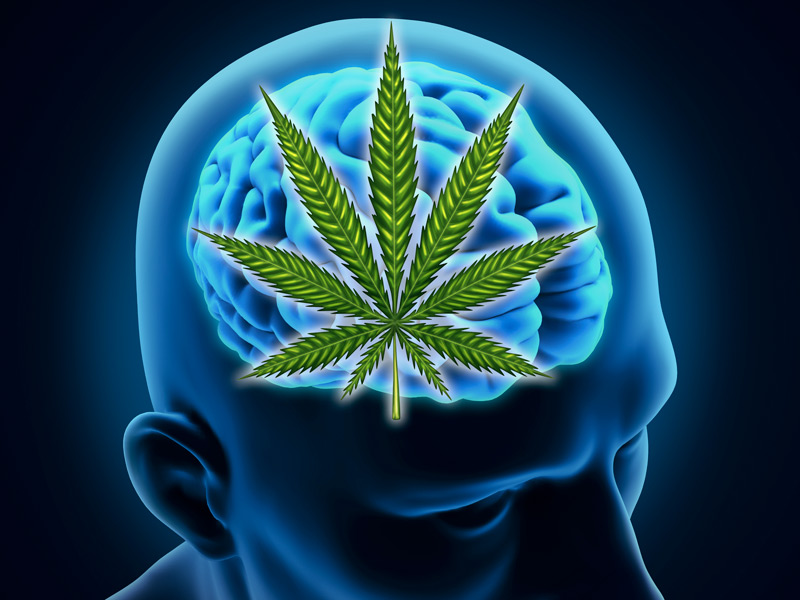Study: 61 percent of Parkinson’s patients experience symptomatic relief after using medical cannabis
A newly published study suggests that cannabis may serve as a promising treatment option in Parkinson’s patients who suffer from pain and muscle cramps. The findings were highlighted in the February edition of the Journal of Parkinson’s Disease under the title, “Cannabis in Parkinson’s Disease: The Patients’ View, the Journal of Parkinson’s Disease.”
Carried out by a team of researchers at the Germany’s University Medical Center Hamburg-Eppendorf Department of Neurology, the study determined that 61 percent of patients experienced improved symptoms after using CBD or THC-rich medical cannabis.
Specifically, 54 percent of patients who consumed oral CBD experienced symptom improvement, in addition to 68 percent of patients who consumed THC in its inhalable form. In comparison with oral CBD use, THC inhalation appeared to ease temporary muscle loss (akinesia) and stiffness much better — 50.0 percent vs. 35.4 percent.
8.4 percent of Parkinson’s patients use cannabis for symptomatic relief
Of the patients who participated in this study on cannabis for Parkinson’s disease, 8.4 percent consume the plant to reduce their symptoms. The study authors noted that most patients were fairly young, resided in large cities and were well-educated on the legalities and clinical details of medical cannabis.
“Reduction of pain and muscle cramps was reported by more than 40 percent of cannabis users. Stiffness/akinesia, freezing, tremor, depression, anxiety and restless legs syndrome subjectively improved for more than 20 percent and overall tolerability was good,” reads an excerpt from the study, which was published on February 2, 2021.
An additional 65 percent of patients with Parkinson’s disease signified their interest in consuming medical cannabis. Data was gathered from over 1,300 nationwide questionnaires that were distributed via the membership journal of the German Parkinson Association.
Comments from study’s lead author and co-editor-in-chief of Journal of Parkinson’s Disease
Department of Neurology professor and lead author of the study Dr. Carsten Buhmann spoke with reporters at SciTechDaily after the research was carried out. He noted how Germany has paved the way by allowing medical cannabis for “therapy-resistant symptoms in severely affected patients independent of diagnosis and without clinical evidence-based data,” since the year 2017.
“[Parkinson’s disease] patients fulfilling these criteria are entitled to be prescribed medical cannabis, but there are few data about which type of cannabinoid and which route of administration might be promising for which [Parkinson’s disease] patient and which symptoms,” he is quoted as saying in an interview.
“We also lack information about the extent to which the [Parkinson’s disease] community is informed about medicinal cannabis and whether they have tried cannabis and, if so, with what result.”
Someone else who shared their views after the study was carried out is the director for the Radboudumc Center of Expertise for Parkinson & Movement Disorders and co-editor-in-chief of the Journal of Parkinson’s Disease, Bastiaan R. Bloem, MD, Ph.D. Blown says that study results are “interesting in that they confirm a widespread interest among (Parkinson’s) patients in the use of cannabis as a potential treatment.”
Both of the doctors rounded up the conversation by saying that further research must be carried out into the potential of using medical cannabis as a therapy for Parkinson’s disease, which impacts some 10 million people around the world.








